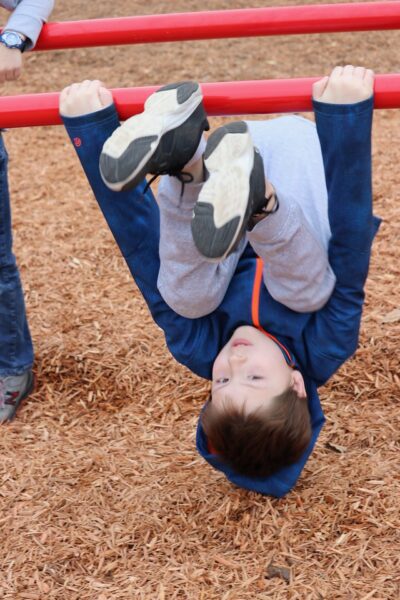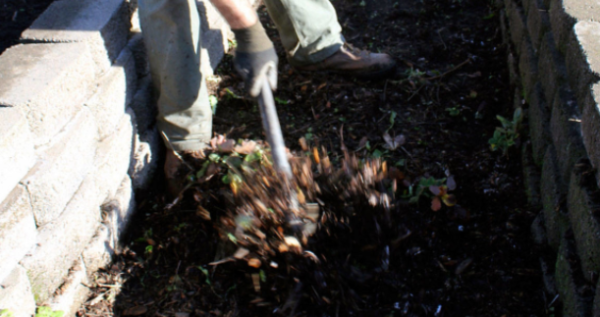Why do we have public schools? Depending on the era, you might get very different answers:
- To create an educated electorate
- To prepare workers for jobs in factories
- To provide childcare
Let’s be honest, for a lot of working parents, having elementary students in school all day every day isn’t just about getting them an education. It’s about getting them adult supervision.
What if school districts and parks and recreation departments worked together to create a seamless educational and supervised day, from 8am to 6 pm, year-round?
8 am-2 pm—Academic Day
The day starts with academics until 2 pm. For example, a fifth-grade schedule might look like:
8-9:40 ELA
9:40-10 recess
10-11:40 math
11:40-12:20 lunch and recess
12:20-2 science/health or social studies
Notice that there is a lunch break in there and two 20-minute recesses.

A second-grade schedule might look different:
8-9:15 ELA part 1
9:15-9:25 recess
9:25-10:40 ELA part 2
10:40-10:50 recess
10:50-12:05 math part 1
12:05-12:40 lunch and recess
12:40-2 science/health or social studies
As you can see, I think younger kids need more frequent recesses!
The librarians I know work with elementary teachers so that students get lessons integrated with academic lessons. Their day might match the schedule of the academic teachers.
By the way, all academic teachers would have their planning time after 2 pm, which would make joint planning very easy.
2 pm-6 pm—Non-academic Day
Several “school” things can happen later in the day, in the “non-academic” time, including:
- Book check-out
- music
- art
- PE
- typing practice
All assemblies would be scheduled during this time.
All school pictures, eye exams, and hearing exams (and at least half the drills) should take place after 2 pm.
Starting at 4 pm, Parks and Rec would add in their offerings. Some possibilities include:
- basketball
- pickleball
- volleyball
- yoga
- movie-making
- coding
- chess
- homework club (with adults who can help)
- writing club (with lots of contests to enter)
- math club (also with contests to enter)
- English Language Learning
- American Sign Language
- Spanish (or other languages)
- on-campus gardening

What About Specialists?
Specialists could potentially have a later school day than academic teachers
For example, they could start their day with the first lunch recess so they could meet with students then. After all, some students would rather do percussion in the music room or Maker Space in the library or circus acts in the gym than go out on the field for recess.
Specialists could run their classes until 6 pm.
What About the School Year?
At the beginning of January, start the school year with 10 weeks on, followed by three weeks off.
In the first week in April, start 10 weeks on, followed by three weeks off.
Right after the 4th of July, start 10 weeks on, followed by three weeks off.
The second week in October, start 10 weeks on, followed by three weeks off.
At the beginning of each three-week break, teachers might be paid for an extra a day or two of work, to do grading or for professional development.
During the breaks, Parks and Rec could offer comprehensive daily programs from 8 am until 6 pm.
District teachers could earn extra money by signing up to teach enrichment classes during the breaks.
Could It Work?
In an ideal world, I would like to see parents would get publicly-funded classes for their children from 8 am until 6 pm, five days a week, 52 weeks out of the year, the only exceptions being national holidays.
It would take having school districts and parks and rec departments sharing the space along with the cost of bonds, maintenance, utilities, and the rest means. They would have to figure out a joint budget and maybe run joint levies.
One potential savings? There might not have to be an afternoon bus run for elementary students—parents could pick their children up on their way home from work, at whatever time suits them, from 2 pm until 6 pm.
Finally, if schools had more room, we could bring preschool daycare programs into the school buildings as well.
Schools could provide full-service education as well as being childcare sites. Think about all the ways we could make schools the point-of-contact for other services as well!
This is such a unique idea. I think in a perfect world it really would be interesting to try it out. Unfortunately, in the craziness of today’s world, this would be very tough to accomplish.